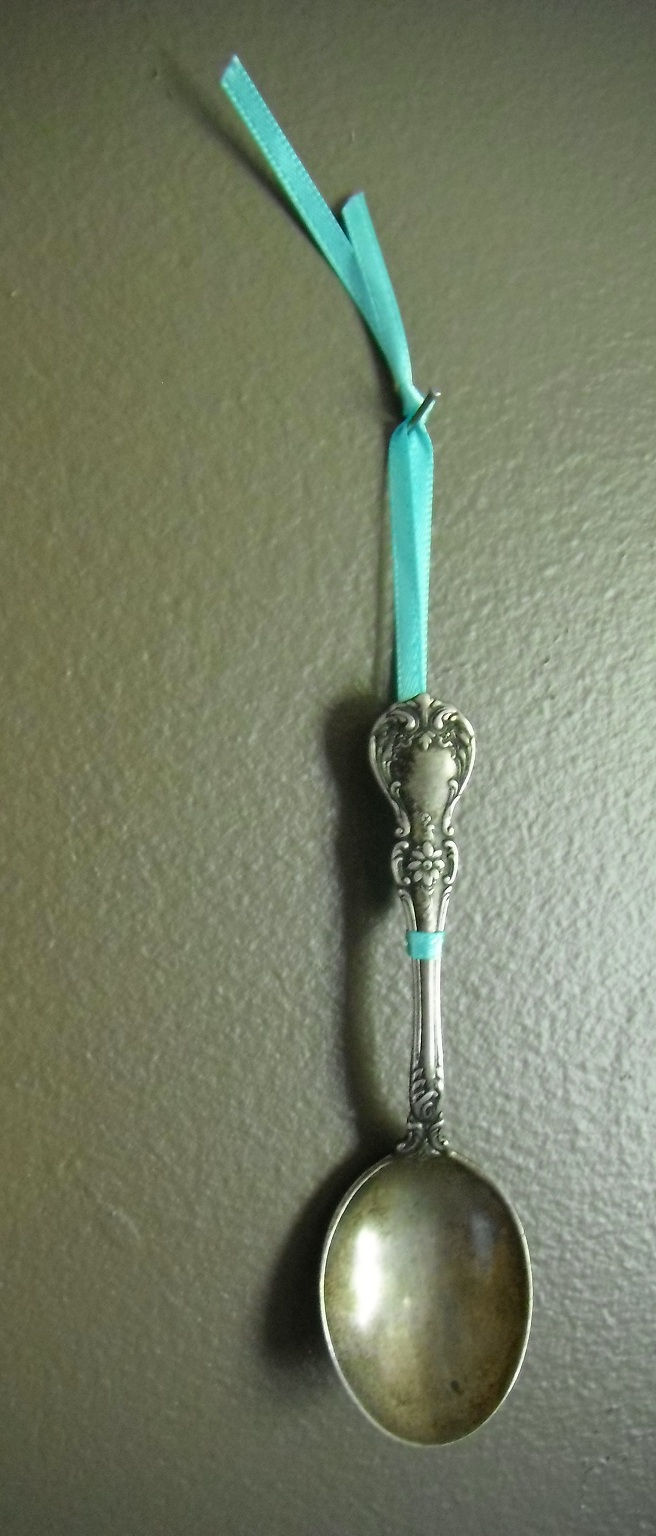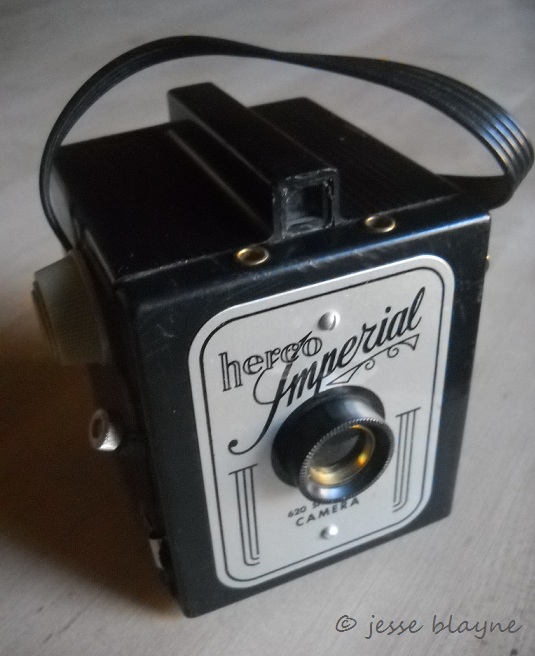“Mom, how come Uncle John drinks so many beers? How come Grandma G doesn’t get down on the floor and play with us? How come dad gets mad at me for getting rocks in the grass? Why do we have to put all our toys away before dad gets home?”
Some of those questions are easier to answer than others. I could have glossed over some of the answers, or completely ignored some of the more difficult questions.
When my kids were little people learning to talk, figuring out that a lot of life was spent relating to other folks and not just their mom and dad, I made an instinctive decision to answer each and every one of their questions.
I made the choice to use other people’s actions and attitudes as learning opportunities.
My instincts also told me to use a respectful, adult voice when relating to my kids. Sure, there were times when we’d be snuggling or they’d be sitting on my lap, and I’d coo to them the way I sometimes feel that I’m biologically programmed to do. And, when they were sick, I’d use a sweeter, more tender voice. But for day-to-day interactions – discussing how to tie shoes, why you shouldn’t kick your sister in the butt with the pointy part of your cowboy boot, and why you may want to wait until you’re a 13 year old girl to roll your eyes – I’d use an adult voice.
Because so many of the answers to their questions might sound troubling or distressing, I’d try to interject a little humor or fun along the way.
If Mark told them they shouldn’t let the tires of their trike kick gravel into the front yard, I’d say, “Dad likes a perfect yard. We like to play in the yard. Let’s keep the gravel out of the yard when dad’s around, but we’ll play all we went when dad is gone. I’ll help you pick up the gravel before dad gets home. We’ll make a game out of it.”
When a friend from school made fun of Jenny’s skirt, I’d acknowledge Jen’s hurt feelings, and then we’d wonder why the friend would even care about Jen’s skirt. Then we’d discuss people and clothes, and what is more important. If you decide to wear a pillow case to school, is that a bad thing? Well, maybe it’s not appropriate, but does that make you a bad person?
It was imperative to acknowledge Jenny’s hurt feelings, and try to get her to see the big picture, all the while not belittling the little girl who uttered the hurtful comment.
Mark used to say, “You know, you don’t have to answer every single one of their questions.”
I disagree.
I want them to know they can always come to me with questions. If I pick and choose which ones I’m willing to answer, they might not come to me with important stuff – sex, drugs, or who should drive home from the kegger, and is it okay to drive with a hand covering one eye to try to stop the whirlies.
I will admit that sometimes I get sick of the questions. I’ve been known to set a timer and say, “No questions for 20 minutes.” Another favorite is, “I don’t know. Google it.”
Google’s applications are limited to: “Which is the biggest planet? What’s the fastest a dragster has ever gone? Where is the biggest butterfly.”
Google doesn’t help with: “How come grandma won’t get down on the floor and play with me.”
Answering every question set the stage for me to be able to discuss narcissism with them, when they were old enough.
I’ve written before that I firmly believed ( instincts yelled in my ear) it was my job to make sure they understood that their dad’s behavior was not about them.
I must make it very clear that I did not say their dad was bad. I did not say his behavior was bad. I always explained that their dad behaved the way he did for reasons beyond his control. He wasn’t trying to be mean. I told them that he loved them the only way he knew how. I wanted the door to be left open in case of a possibility of change – on his part.
I wanted them to see the humor in the things he did, not so they would make fun of him, but because I firmly believe humor lessens the sting of the hurts.
An unexpected benefit of having a practice of answering every question is that the big things aren’t that scary. They know I’ll answer every question and discuss any topic, unless they duct tape my mouth.
The day I brought up the topic of sex on the chair lift comes to mind. Will would certainly rather discuss 180s and kickers, but he was a captive audience, and the subject came up. He listened without grimacing, asked a couple questions, and we moved onto Twisters and other ski stuff.
Recently, I saw Will packing duct tape in his ski back pack. I didn’t ask him why, but it did make me wonder.
Their progress in dealing with their dad is explained by all this open communication.
The jury is still out because of their ages, not because of whether I made the right choice to answer each and every question.
Tags: child of narcissist, humor, life, narcissism, narcissist behavior, narcissistic behavior, NPD, Parenting, proactive




This is a great post Jesse. I think your ideas about communication and openness are spot-on, and exactly what your children need to deal with their dad. I’m taking notes!
Reese,
I thought of you and your two as I was writing the post.
It’s always best to be open with your kids. Your kids show how open and honest you have been by how well they handle things. They can handle situations that a lot of adults still struggle with.
SO I have to ask how did you explain the why uncle drinks so much? LOL His son is an adult and still doesn’t get it some days.
That’s just one of those things that no matter how you try to explain, there are still questions.
Kath,
I try to explain that by telling them that people have a ‘hole’ that needs to be filled. Some fill with shopping, or having to be on Facebook all the time, or gambling or drinking. By the time Uncle realizes (if he ever does) that the beer hasn’t filled the hole, the drinking as become a disease.
They still don’t get the “Hole Theory”. They won’t get it until they are adults, and realize that they are manically trying to fill their own holes.
But I had to start some where.